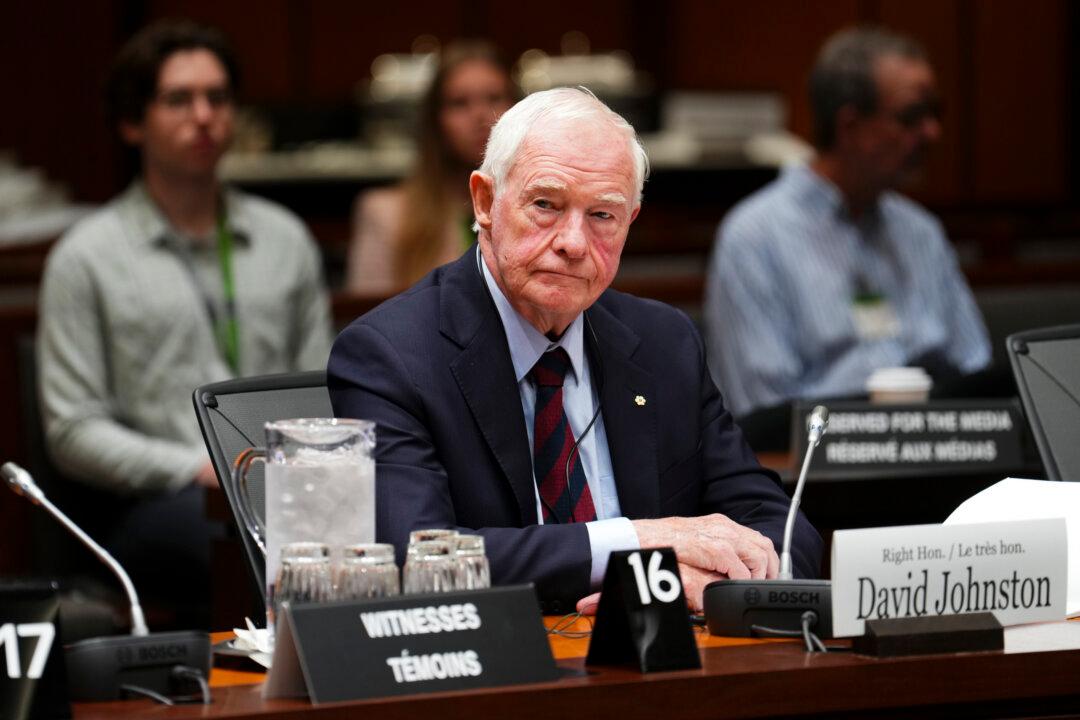The federal government had earmarked almost $5 million to pay for the legal and publicity fees of consultants who were sole-sourced to aid David Johnston in his former role as independent special rapporteur (ISR) on foreign interference, records show.
“The Privy Council Office committed to ensuring the Independent Special Rapporteur had the resources he needed to complete his work,” said an Inquiry of Ministry document tabled in Parliament, obtained and reviewed by Blacklock’s Reporter.





